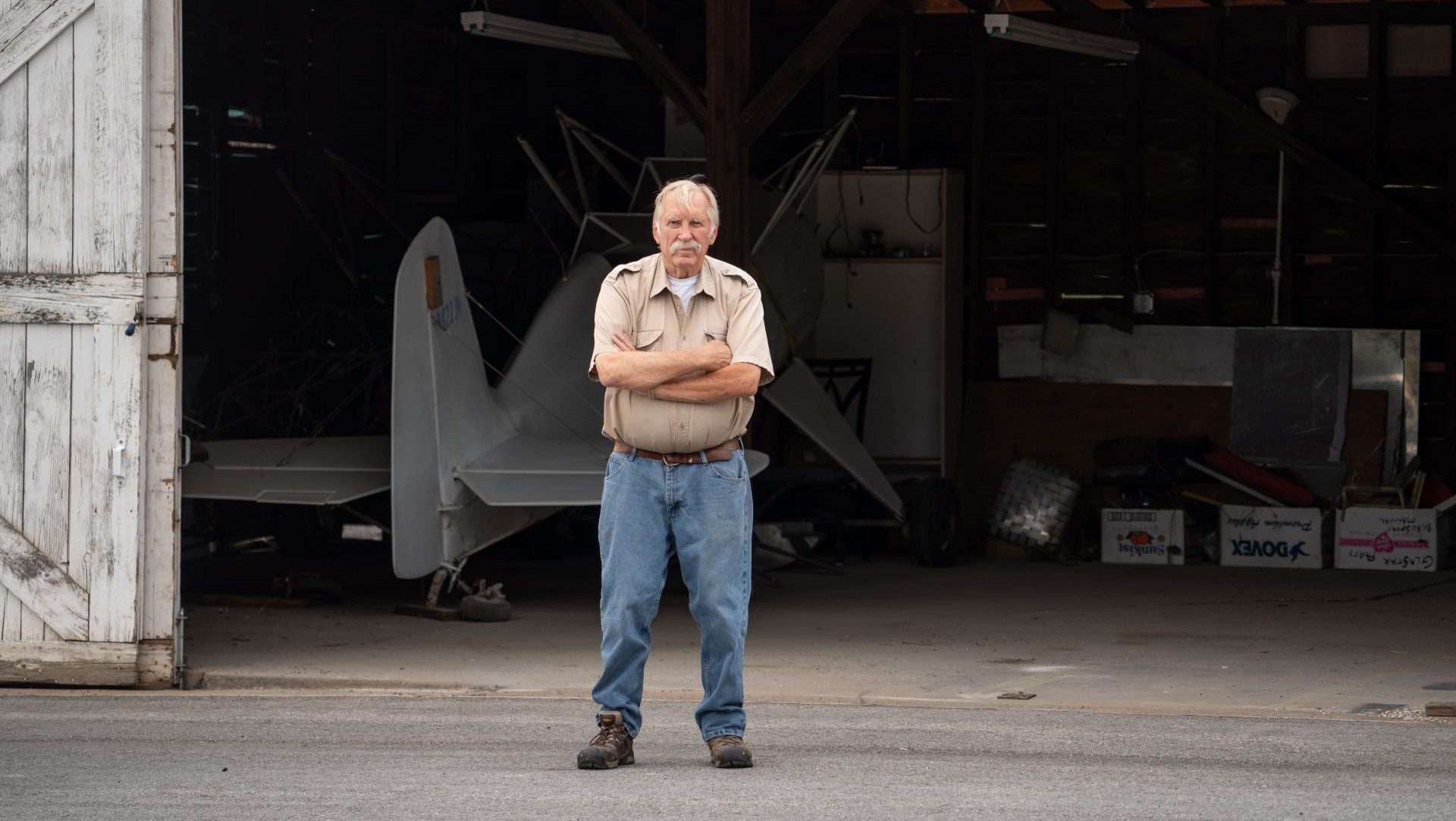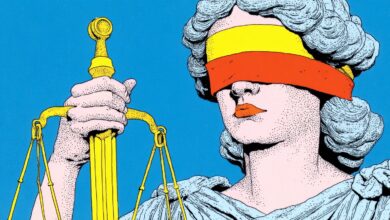A Case over a Case

A case has been slowly making its way to the Supreme Court hinging on one question: Can the government take this guy’s plane?
The story began in 2012, when Ken Jouppi, a pilot in Alaska, was taking a passenger from the city of Fairbanks to the town of Beaver (population: 48). Pilots like Ken often ferry people in private planes to more remote settlements. Among the passenger’s groceries were 3 cases of beer, intended as a gift for her husband. Unfortunately, Beaver is a dry town; thus Ken and his passenger were breaking the law by bringing in alcohol. State troopers searched the plane, and found the beer.
But rather than just seizing the Budweiser, and hitting Ken and his passenger with a fine or a citation (they did that too: Ken paid a $1,500 penalty and spent 3 days in jail), prosecutors also decided to seize the whole plane, a 1969 Cessna U206D. A $95,000 aircraft, over 3 cases of beer.
Ken first fought his case in front of the Alaska Supreme Court. Who sided with the prosecutors, agreeing that this was a perfectly valid seizure, and did not breach the US Constitution’s Excessive Fines Clause.
With the help of the Institute for Justice, Ken is now taking his case to the United States Supreme Court. If he prevails (and we hope he will), this would be another blow against the system of asset forfeiture in the US.
The civil forfeiture cases against which IJ continually fights are, unfortunately, the tip of the iceberg. The amount seized in the United States is sometimes higher than that taken in burglaries. The seizures are often disproportionate in value to the alleged offenses and are not reflective of the general public’s view of justice. Sometimes the people whose property is seized have not even been charged with a crime, let alone convicted.
Authorities empowered to seize private property leave victims with limited recourse. For those who fight back, the processes are lengthy and expensive, despite protections in the Fourth Amendment against unreasonable searches and seizures, and in the Eighth Amendment on “excessive fines.” In fact, the US wildly outpaces other common law countries in allowing local officials to take people’s stuff. And courts have been reluctant to address this, just as state and federal legislators have been disinclined to rein the practice in.
If agents of the state take your possessions, and the onus is on you to argue why you should get them back, this is not liberty.
Last year’s Rebel Ridge, starring Don Johnson, at least suggested Hollywood might be taking interest in this kind of injustice. The plot revolves around a man carrying cash to pay bail for a relative, who is pulled over by local cops and has the money seized. This scenario—of motorists pulled over, only to have their possessions taken—happens with alarming frequency in some jurisdictions.
But Rebel Ridge framed the issue as local corruption of cops, rather than the broader system that allowed it to flourish. Systems where local police departments are expected to fund themselves through fines and seizures are a moral hazard, as anyone could anticipate.
Civil forfeiture is not new, and we’ve been covering it at FEE for years. A minority of states have laws against it, but far too many don’t.
It takes people like Ken to get the system changed. As he explained:
This case isn’t just about me or my airplane anymore. I’m in my 80s now, and I’ve been fighting this for over a decade because I see it as my duty to ensure that the Bill of Rights actually means something in protecting against government overreach.
The post A Case over a Case was first published by the Foundation for Economic Education, and is republished here with permission. Please support their efforts.



